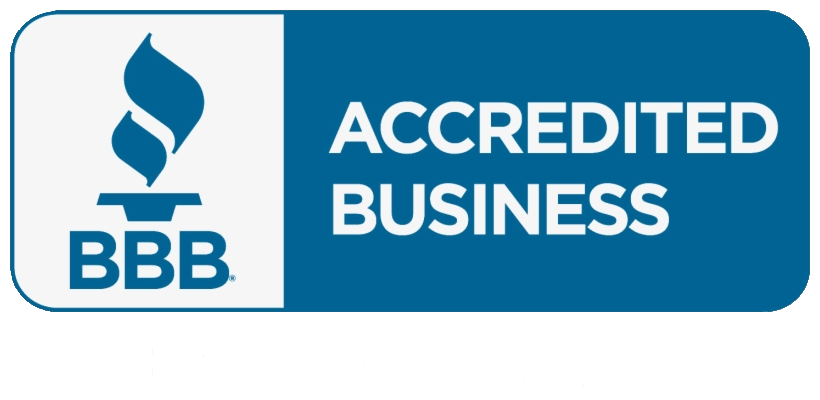Truck accidents are a serious concern on New York’s busy highways. These accidents can result in devastating consequences, from severe injuries to considerable property damage. The Federal Motor Carrier Safety Administration (FMCSA) has established regulations and standards aimed at ensuring the well-being of both truck drivers and the general public. The agency enforces these regulations to improve road safety and prevent accidents involving trucks.
Key FCSMA Regulations to Know About
Some FMCSA regulations have been especially effective in preventing truck accidents in New York. Knowing about these particular standards can be helpful if you’ve been in a truck collision or even before starting your next trip.
Commercial Driver’s License (CDL) Regulations
The FMCSA regulates the issuance of Commercial Driver’s Licenses (CDLs). In New York, strict CDL requirements ensure that only well-trained and qualified people are allowed to operate commercial vehicles. CDL holders have to pass both written and practical tests, including vehicle inspection and driving skills tests. As a CDL holder, you’re held to a higher standard when operating any type of vehicle on public roads. Serious traffic violations can affect your ability to maintain your CDL certification.
The FMCSA also enforces regulations regarding the medical fitness of CDL holders, requiring them to pass regular medical examinations. If you’re a truck driver in New York, you need to be in good health and physically capable of handling the demands of commercial truck driving.
Hours of Service (HOS) Regulations
One of the most critical FMCSA standards designed to prevent truck accidents is the Hours of Service (HOS) regulations. These rules define the maximum number of hours you can operate your vehicle before taking a mandatory rest period. Long-haul trucking is common in New York, and driver fatigue is a leading cause of accidents on these lengthy trips. HOS regulations can help to combat this. Current HOS regulations include:
- 30-Minute Driving Break: 30-minute breaks are required when you have driven for a period of 8 cumulative hours without at least a 30-minute interruption.
- 11-Hour Driving Limit: You are limited to a maximum of 11 consecutive hours of driving following 10 consecutive hours off duty.
- 14-Hour Duty Limit: You cannot operate your vehicle beyond the 14th consecutive hour after coming on duty following 10 consecutive hours off duty.
- 60/70-Hour Limit: You may not work more than 60 hours in 7 consecutive days or 70 hours in 8 consecutive days.
Long hours on the road without satisfactory rest can negatively affect your reaction time and judgment. By mandating rest periods and limiting driving hours, HOS regulations help to ensure that New York truck drivers are well-rested and alert when operating their vehicles.
Electronic Logging Devices (ELDs)
Truck drivers are under tremendous pressure to meet transport deadlines, and it can be tempting to sacrifice required rest periods. To help compliance with HOS guidelines, Electronic Logging Devices (ELDs) can automatically track a truck operator’s driving hours.
In New York, ELDs have been a game-changer in improving road safety by ensuring that truck drivers stick to their mandated breaks and do not exceed their maximum driving hours. ELDs are more accurate than written logs and make it harder for drivers to manipulate their hours. By using ELDs, you are more likely to stay accountable to yourself by taking appropriate rests. In turn, refreshed drivers reduce the frequency of fatigue-related accidents.
Vehicle Maintenance and Inspection Regulations
Ongoing vehicle maintenance and regular inspections are essential to preventing accidents due to mechanical failures or careless upkeep. The FMCSA has established clear policies regarding vehicle maintenance and inspection to make sure that trucks are in safe working condition.
In New York, where bad weather conditions and heavy traffic are common, these regulations play an important role in accident prevention. Trucking companies are required to perform routine inspections, keep detailed maintenance records, and immediately address any safety issues.
Weight Limits and Cargo Securement Regulations

Enforcing weight limits is vital to maintaining the infrastructure of New York’s roadways. Overloaded or incorrectly secured cargo can create significant dangers on the state’s highways and bridges. FMCSA rules include weight limits and cargo securement requirements that help to prevent these hazards.
These regulations safeguard that cargo is appropriately secured to prevent accidents caused by unbalanced loads or cargo spilling onto the road.
Electronic Stability Control (ESC) Systems
The FMCSA has recognized the effectiveness of Electronic Stability Control (ESC) systems in reducing accidents and has required their use in certain trucking operations. These systems are designed to prevent rollovers and loss of control in commercial vehicles, including trucks. New York’s challenging mountain areas and winding roads makes ESC systems especially important in preventing mishaps. ESC systems are designed to automatically kick in when a truck is at risk of rolling over or skidding.
Drug and Alcohol Testing
Substance abuse is a serious issue that can harm a truck driver’s ability to operate their vehicle safely. The FMCSA mandates drug and alcohol testing for commercial truck drivers to identify and address those who may create a risk on the road.
In New York, a rigorous drug and alcohol testing program has been crucial in preventing accidents caused by impaired truck drivers. With the goal of improving road safety, these regulations help enforce that drivers are not operating their vehicles under the influence of drugs or alcohol. All of these FMCSA regulations will play a significant role in determining liability in your truck accident case. While helpful, these rules are often complex. Consulting with a truck accident lawyer who can help you navigate the FMCSA landscape is advisable.




